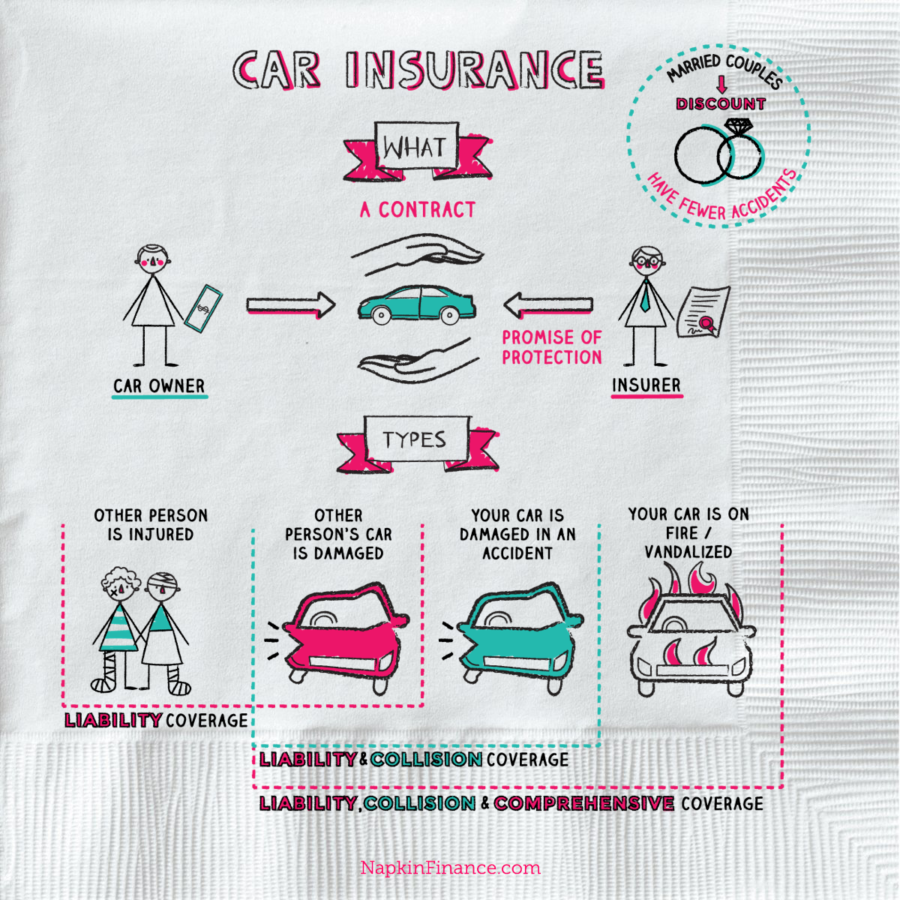Whole life and universal life insurance are both thought about long-term policies. That means they're designed to last your entire life and won't expire after a particular amount of time as long as required premiums are paid. They both have the possible to build up money value over time that you might have the ability to obtain against tax-free, for any factor. Due to the fact that of this feature, premiums may be greater than term insurance coverage. Whole life insurance coverage policies have a set premium, suggesting you pay the same amount each and every year for your coverage. Similar to universal life insurance coverage, whole life has the potential to collect cash worth with time, producing a quantity that you may have the ability to borrow against.
Depending on your policy's possible cash worth, it might be utilized to avoid a superior payment, or be left alone with the potential to accumulate worth over time. Potential growth in a universal life policy will differ based on the specifics of your private policy, in addition to other factors. When you purchase a policy, the releasing insurance coverage business develops a minimum interest crediting rate as described in your agreement. However, if the insurer's portfolio earns more than the minimum interest rate, the business might credit the excess interest to your policy. This is why universal life policies have the potential to make more than an entire life policy some years, while in others they can earn less.
Here's how: Because there is a money value element, you may have the ability to skip superior payments as long as the money value is enough to cover your required costs for that month Some policies may enable you to increase or reduce the survivor benefit to match your particular circumstances ** In a lot of cases you may obtain versus the cash worth that may have accumulated in the policy The interest that you may have made in time accumulates tax-deferred Entire life policies offer you a fixed level premium that won't increase, the potential to build up cash worth gradually, and a fixed survivor benefit for the life of the policy.
As a result, universal life insurance coverage premiums are normally lower during durations of high rate of interest than entire life insurance coverage premiums, frequently for the same quantity of coverage. Another key distinction would be how the interest is paid. While the interest paid on universal life insurance coverage is frequently adjusted monthly, interest on a whole life insurance coverage policy is normally changed each year. This might suggest that throughout durations of rising interest rates, universal life insurance coverage policy holders might see their money worths increase at a quick rate compared to those in whole life insurance policies. Some individuals might choose the set survivor benefit, level premiums, and the potential for development of an entire life policy.
Although entire and universal life policies have their own special functions and advantages, they both focus on supplying your enjoyed ones with the money they'll require when you die. By dealing with a qualified life insurance coverage agent or business representative, you'll be able to choose the policy that finest meets your private requirements, budget, and monetary objectives. You can also get atotally free online term life quote now. * Offered required premium payments are prompt made. ** Boosts may go through additional underwriting. WEB.1468 (How much is car insurance). 05.15.
Excitement About How To Get Dental Insurance

You don't need to guess if you must register in a universal life policy because here you can discover all about universal life insurance coverage advantages and disadvantages. It resembles getting a sneak peek before you buy so you can choose if it's the best type of life insurance for you. Continue reading to find out the ups and downs of how universal life premium payments, cash worth, and death advantage works. Universal life is an adjustable type of long-term life insurance that enables you to make changes to 2 primary parts of the policy: the premium and the death benefit, which in turn affects the policy's cash worth.
Below are some of the overall pros and cons of universal life insurance. Pros Cons Designed to offer more flexibility than whole life Does not have the guaranteed level premium that's offered with entire life Money value grows at a variable interest rate, which might yield higher returns Variable rates also suggest that the interest on the cash worth could be low More chance to increase the policy's cash worth A policy generally requires to have a favorable money value to remain active One of the most appealing features of universal life insurance coverage is the capability to choose when and just how much premium you pay, as long as payments fulfill the minimum quantity needed to keep the policy active and the Internal Revenue Service life insurance coverage guidelines on the optimum quantity of excess premium payments you can make (When is open enrollment for health insurance).
But with this versatility also comes some disadvantages. Let's discuss universal life insurance advantages and disadvantages when it comes to changing how you pay premiums. Unlike other types of permanent life policies, universal life can adapt to fit your financial requirements when your capital is up or when your budget is tight. You can: Pay higher premiums more often than needed Pay less premiums less frequently or perhaps avoid payments Pay premiums out-of-pocket or utilize the cash worth to pay premiums Paying the minimum premium, less than the target premium, or avoiding payments will negatively impact the policy's money value.
